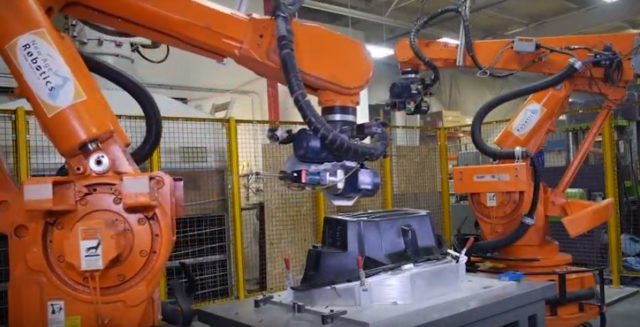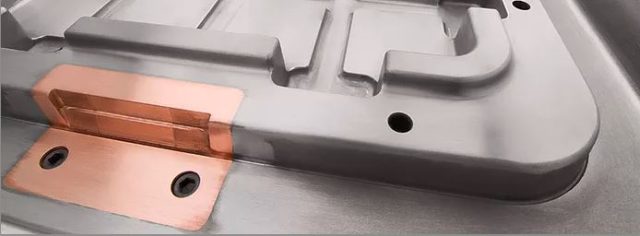-
Headquarters -
4965 Concession Rd. 8, Tecumseh, Ontario, N0R 1K0
-
Year established -
1975
-
NAICS -
332999 - All other miscellaneous fabricated metal product manufacturing
-
Major expansions -
1982
-
Employees -
60
-
Exports -
US
-
Download -
Laval International
Located in Windsor, Ontario, Laval International (Laval) manufactures production-ready moulds and composite parts for a wide range of industries. In addition to manufacturing, Laval offers engineering and prototyping services to customers seeking turnkey solutions. International presence can be attributed to its commitment to providing customers with the most technologically advanced and effective products.
Located in Windsor, Ontario, Laval International (Laval) manufactures production-ready moulds and composite parts for a wide range of industries. In addition to manufacturing, Laval offers engineering and prototyping services to customers seeking turnkey solutions. To capitalize on recent manufacturing trends and remains at the forefront of the industry, Laval engages in multiple research and development (R&D) projects annually. Laval’s international presence can be attributed to its commitment to providing customers with the most technologically advanced and effective products.
Laval (originally called Laval Tool & Mould Ltd.) was founded by Larry Azzopardi in 1975. The company specialized in making complex moulds until 1982, when it moved into a larger facility to expand its services. Offering both engineering and prototyping services, as well as manufacturing moulds, allowed Laval to differentiate itself from low-cost overseas competitors and establish a competitive advantage. The firm originally manufactured moulds solely for the automotive industry, but began expanding into other industries in late 2006. This industry diversification helped Laval survive the automotive crisis in 2008. In 2009, Laval’s current president and chief executive officer, Jonathon Azzopardi, began leading the company. Jonathon has continued diversifying the industries that Laval sells to, and engaging in extensive R&D to maintain Laval’s reputation as an innovative leader within the industry.
To sustain this competitive advantage, Laval reinvests approximately 10 to 15 percent of its annual revenue into various R&D projects each year. The company also conducts internal research projects, and often leads or participates in external research projects with other firms, industry organizations, and educational institutions (e.g., Western University and St. Clair College). At present, Laval is participating in seven different R&D projects, and leading three of them. All such projects are undertaken with the goal of making a discovery that will improve the quality of the firm’s products and services, or increase its manufacturing efficiency; examples include a design optimization project (improving the design process for products) and a mould reduction project (reducing the weight and material used for moulds). Laval’s willingness to work with other companies and organizations has helped it develop a reputation for being an extremely research-friendly and collaborative firm.
In addition to specializing in the manufacturing of both compression and injection moulds, all of Laval’s departments revolve around the production of composite parts. However, it is the company’s engineering and prototyping services that set it apart from competitors; these capabilities allow customers to access a complete manufacturing solution under one roof. Laval consistently improves its efficiency and capabilities by equipping its facility with the newest technology and machinery. Rather than competing solely on price with low-cost countries, the firm’s management understands that Laval can provide its customers with the most value by developing expertise over the entire manufacturing process and offering turnkey solutions.
Despite manufacturing products solely for the automotive industry until 2006, Laval has built one of the most diverse client bases in its industry, acquiring customers in the agriculture, heavy truck, life products, medical, military, industrial goods, construction, and healthcare industries, among others. Jonathon understands the value of expanding into different markets, and monitors the company’s automotive sales to ensure they always comprise between 30 and 50 percent of total revenue. Approximately 90 percent of Laval’s sales are exported, with 75 percent of these exports going to the United States. Domestic and international customers alike value Laval’s flexibility and ability to respond to customer needs; for example, Laval is capable of adapting its services to provide the same quality of service to a small tier 2 automotive supplier that it provides to an original equipment manufacturer. This enviable capability has helped the company double its sales over the past five years.
Laval has also doubled its staff over the past five years, and currently boasts a workforce of 60 employees, largely comprised of skilled trades workers. When looking for potential employees, Jonathon is more intent on hiring people with the right qualities rather than the right skills. Laval employs individuals that are loyal, motivated, honourable, flexible, willing to learn new things, and capable of adapting to different situations. Jonathon believes these qualities cannot be taught, but individuals who have them can be taught the technical skills required to succeed at Laval. To assist employees with the development and improvement of their industry-specific skills, Jonathon strongly encourages all employees to participate in apprenticeship programs and other individual growth opportunities. He also maintains open communication with all employees, meeting with them at least twice a year to hear their thoughts and opinions. These discussions help create an open and trusting work environment, and directly contribute to employee satisfaction and retention. Laval has not laid off a single employee in the past 13 years, and continues to attract new potential employees by highlighting its open-communication work environment and desire to build a long-term team.
Aside from continuing to grow Laval’s success, Jonathon has another main goal: to benefit the local community. Moreover, he understands the importance of leading by example and participating in community activities. Laval supports the local Chamber of Commerce, Women’s Enterprise Skills Training of Windsor (WEST), and United Way Windsor-Essex County; Jonathon believes that the latter two organizations in particular provide fair and equal career opportunities through early intervention, education, and training to help more people exit poverty. Additionally, Laval’s involvement in these initiatives means that Windsor’s manufacturing industry in general has a more positive presence within the local community.
Over the past 43 years, Laval has interacted and developed a positive relationship with all levels of government in Canada. Although it took a great deal of persistence to build these relationships, Jonathon feels it is essential that firms and government groups share knowledge (e.g., information about international markets and trends, local industry information, etc.) with each other, enabling both sides to gather information that may have not been available without this open relationship.
The 2008 economic crisis, which so heavily affected the automotive industry, was Laval’s largest challenge to date. However, the company’s diversification plan allowed it to remain profitable during the economic downturn, and continue its rapid growth once the crisis concluded. Laval is still growing quickly, which is why one of the firm’s greatest current needs is for more skilled trades workers. Jonathon is aware that having too much business can be just as much of an issue as having not enough business, and is intent on finding the right employees to add to his team before pursuing further growth.
Moving forward, Laval plans to continue investing in R&D projects based on innovative macro-economic trends. Developing projects based on these trends will help the company discover solutions that will contribute to its growth. Moreover, Jonathon is intent on continuing to lead by example within the manufacturing industry by maintaining his involvement in various government initiatives, as well as volunteering with different industry organizations. Currently, he serves on the advisory board of the National Research Council’s Automotive and Surface Transportation Research Centre, is chairman of the Canadian Association of Mold Makers, and is vice-chairman of the Automotive Parts Manufacturer’s Association.
Jonathon’s voluntary involvement in multiple industry organizations, levels of government, collaborative research projects, and community initiatives demonstrates his belief that collaboration is essential to the success of Ontario manufacturers. Laval is a clear example that this recipe for success works, and that it can be applied across Ontario’s thriving manufacturing industry.
For more information about Laval International, visit their website.
Published: December 5, 2018
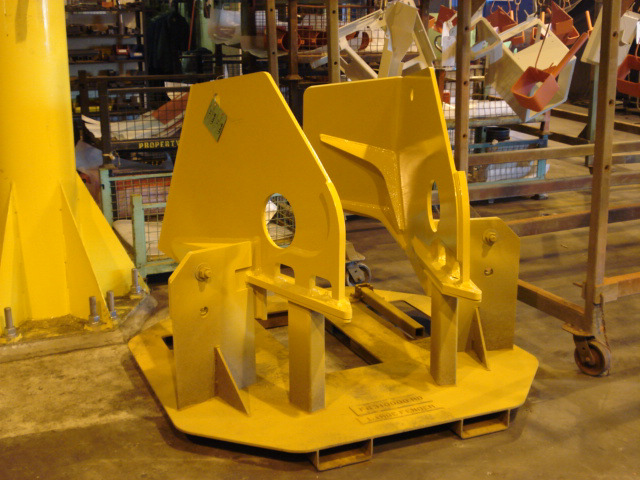
Industrial Parts Manufacturing
Industrial Parts Manufacturing specializes in CNC machining, general machining, welding and fabricating.
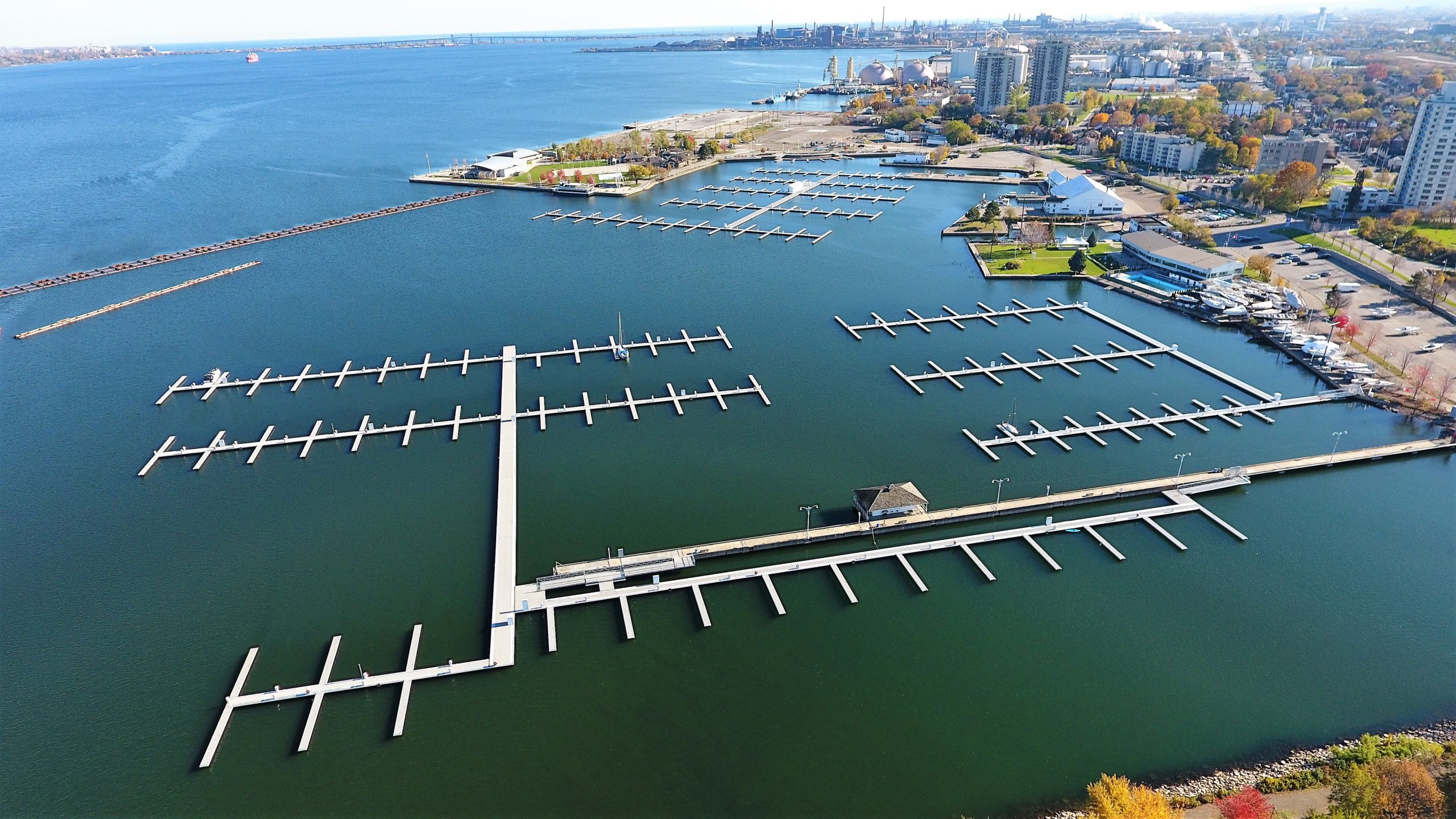
Kropf Industrial
Kropf Industrial Inc. manufactures CONOLIFT marine hydraulic equipment, dock systems, and other equipment for the industrial and aquaculture sectors.
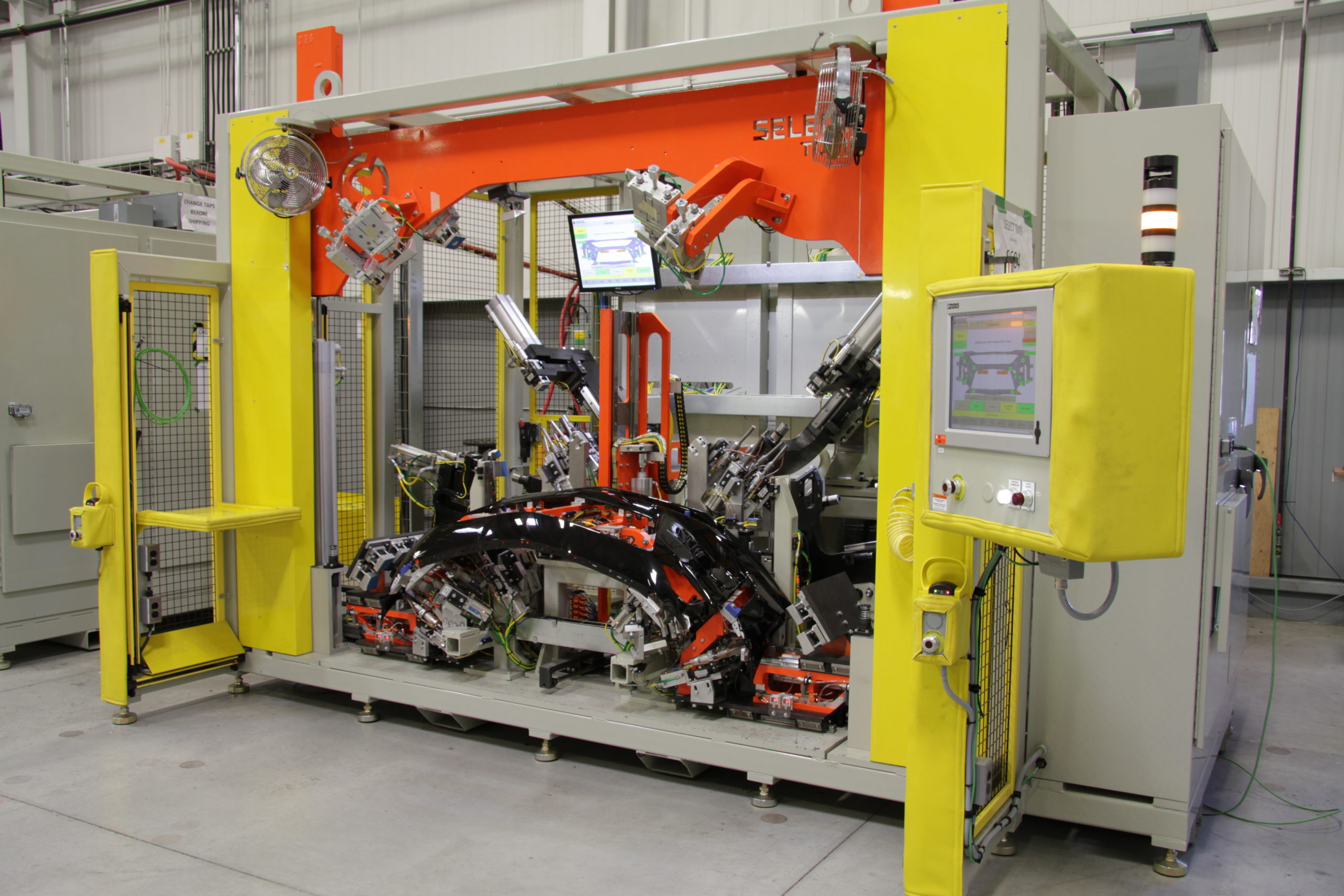
Select Tool Inc.
Select Tool is a manufacturer that has developed a reputation for providing high quality full-service gauges, fixtures, automation, and specialty tooling for the automotive, aerospace, and transportation industries.
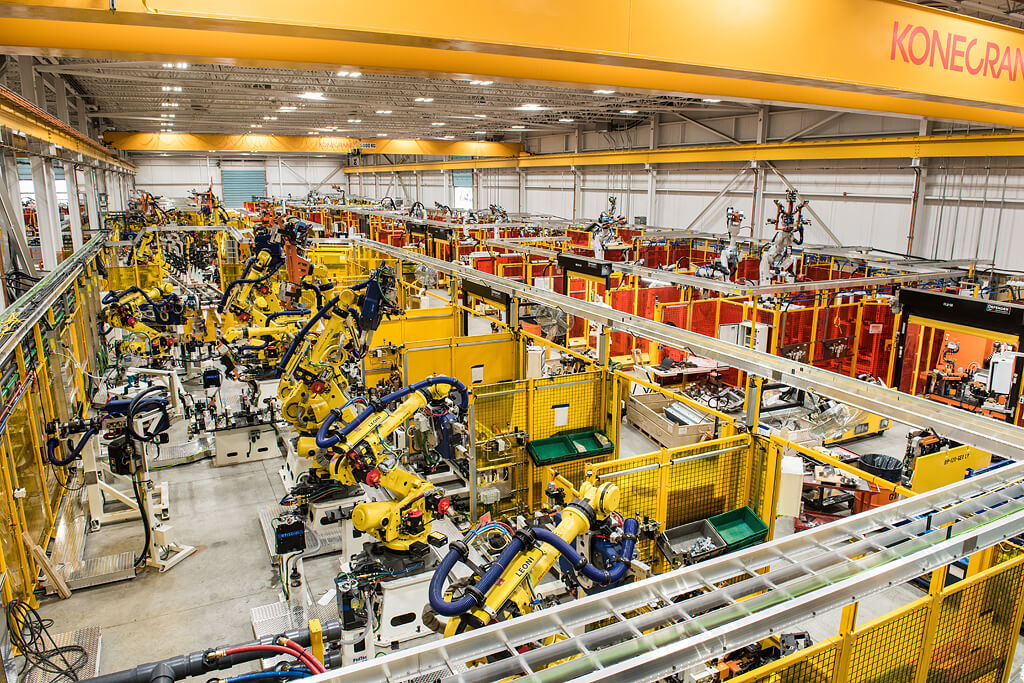
CenterLine
CenterLine is a manufacturer of custom automated welding and assembly lines, as well as resistance welding-related products. The firm is known worldwide as a leader in fastener welding technology, which is used in the production of automotive components.
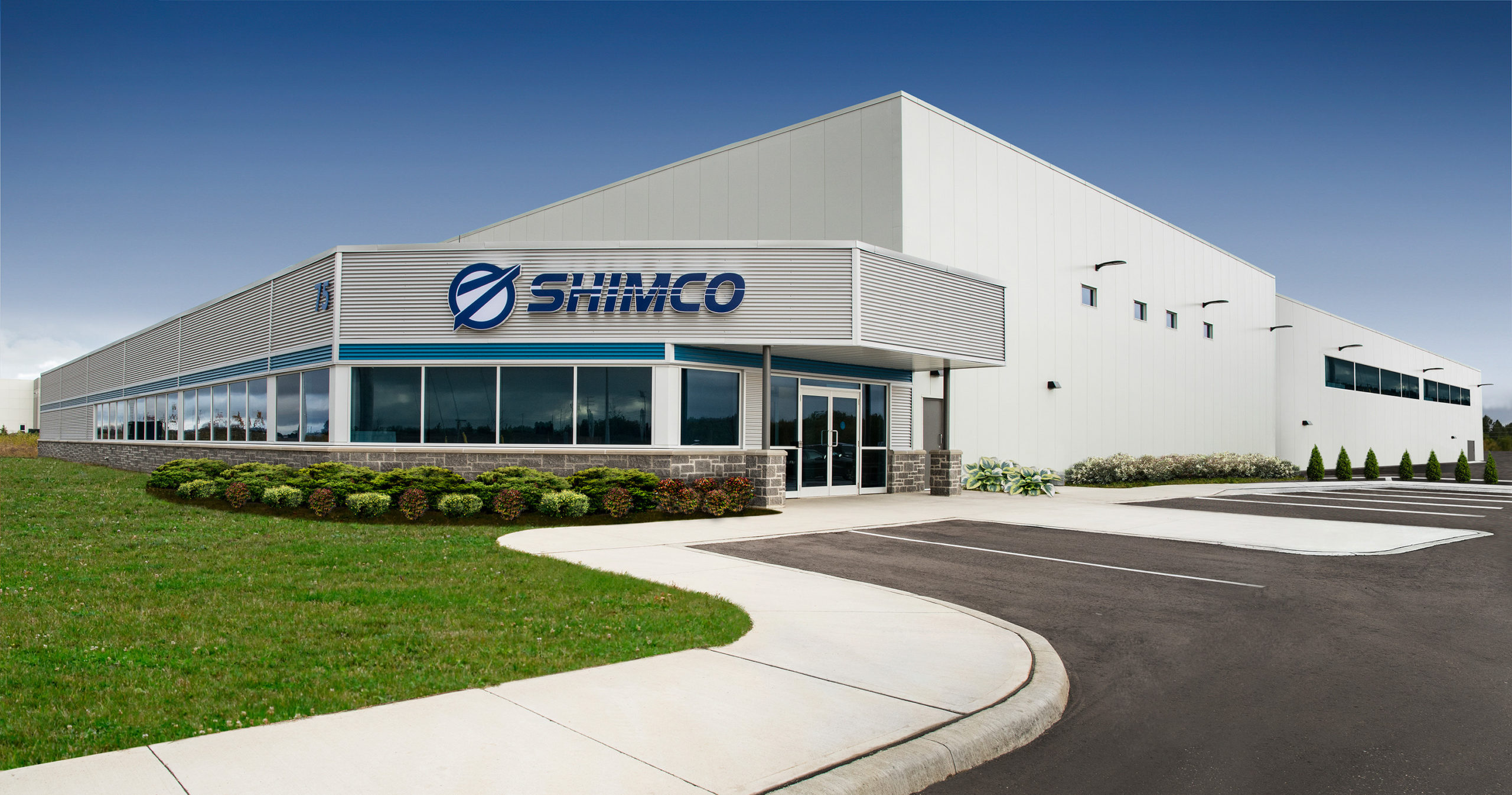
Shimco
Located in Cambridge, ON, Shimco has served the aerospace, defense, space, industrial and other industries worldwide with precision manufactured parts, laminated and edgebond shims, tapers and spacers for over 25 years. Shimco offers a tradition of Innovation, Precision, and Execution, providing solutions that conform to exacting international and customer-specific standards.



